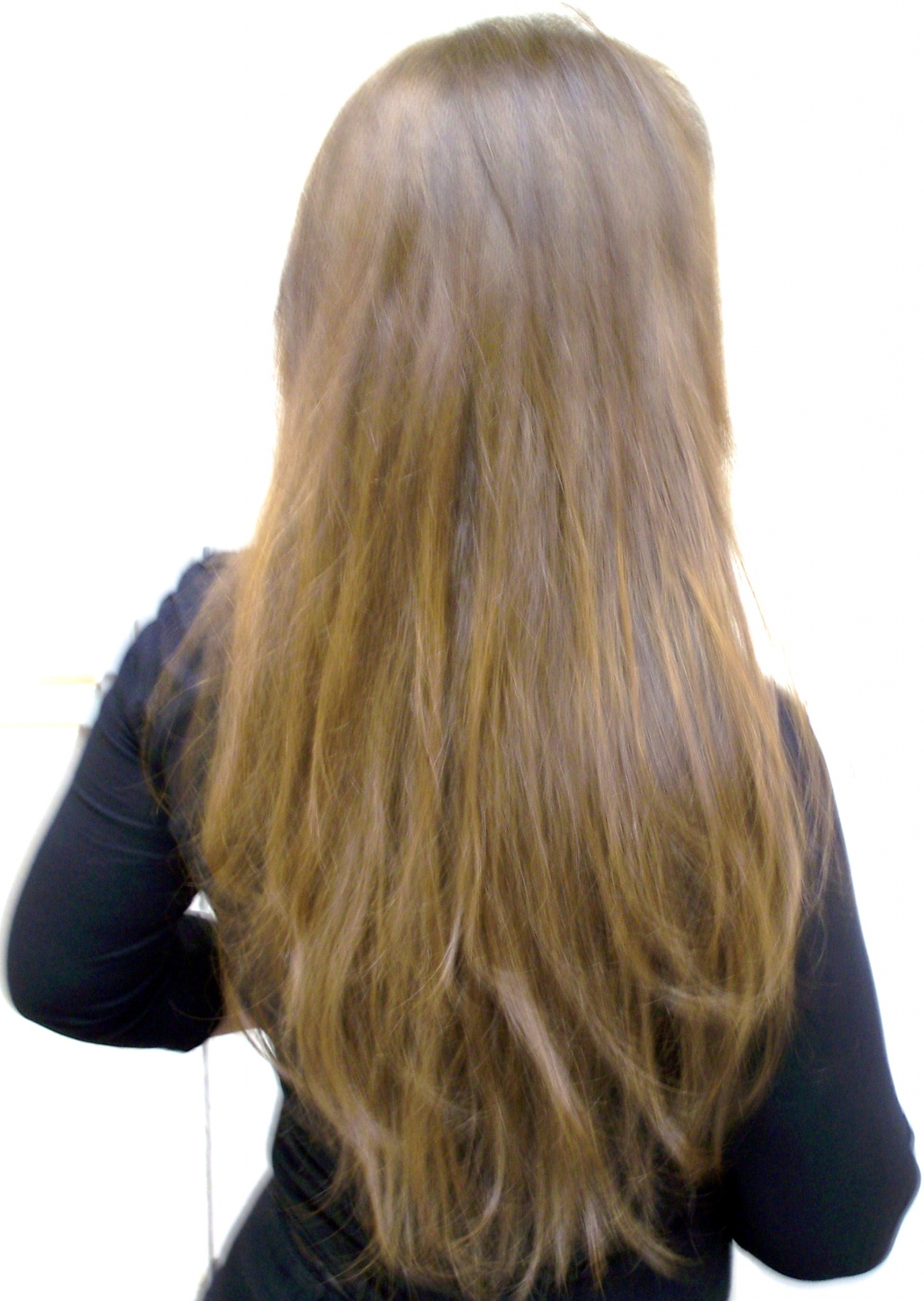Many of us remember head lice checks in grade school. We were told not to share hats, to wash our hair regularly, and to keep our heads apart!
However, some of the information we received back then is very misleading, and it won’t help us protect our children from getting lice. Here are some useful facts that may prevent your children from getting lice, or that will help you be educated in case they do.
They Aren’t Dirty
There is a certain stigma that surrounds head lice. Many people consider those who get lice to be dirty, but this a huge misconception. Make sure your kids know that having head lice is extremely common and that it has nothing to do with hygiene.
Lice can happen to anyone. Knowing this can help break down the barriers surrounding lice and encourage those who have it to share this information with others.
They Aren’t Airborne
While the old advice not to share hats was sound, you cannot get lice from simply being near someone who has it. Head lice are normally transferred from direct, head to head contact.
It is unusual to contract it any other way. Lice can normally survive for only 24 hours away from their host.
Just like mosquitos, they require blood to live. For this reason, it is unusual to transmit lice from the sharing of hats or helmets, but it never hurts to be safe!
They Have Been Around For Millions of Years
Head lice are not a new thing– Evidence of head lice has even been found in the tombs of Egyptian mummies. By understanding that head lice aren’t new or the result of poor hygiene, kids can feel better about themselves if they should contract it.
They Haven’t Been Proven to Carry Disease
A worry with any insect that feeds on human blood is whether or not it can transmit a disease. Mosquitos and ticks have been known to cause more problems to humans than just an itchy bite mark. However, there is no evidence that head lice are a cause for concern.
Anyone Can Get Them
While head lice are more prevalent in children, anyone can get lice. Head lice do not discriminate! There isn’t anything special about a child’s scalp that makes them an optimal host, but they are more likely to have direct head to head contact with each other.
Parents have the same risk of contracting lice from their child as their child does from their classmates.
Treatment Options
There are plenty of at-home remedies available around the web, and recommendations you can get from a doctor. Unfortunately, many of these options are not 100% effective.
This is because most of them do not kill lice eggs. If any eggs are left behind, they will eventually hatch and the problem will begin all over again. Professional, lice removal services are a great alternative to at home remedies.
Professional companies have the experience needed to eliminate head lice quickly and effectively the first time, usually with only one treatment.
Featured images:
License: Creative Commons
image source
Brielle F is part of a team of writers who publish articles on blogs and news sites daily.





